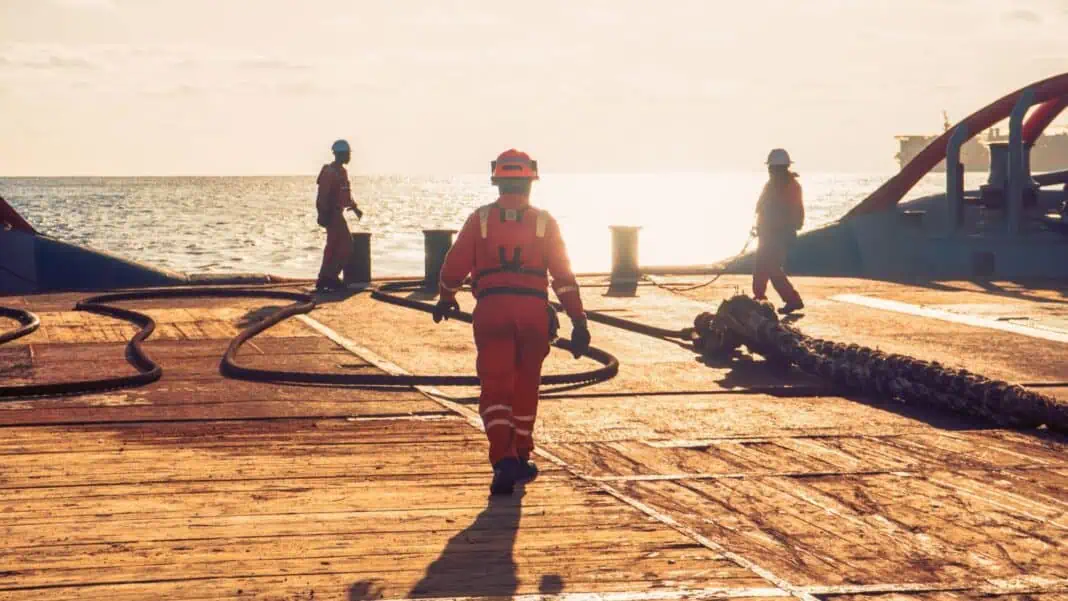As the maritime industry grapples with persistent skills shortages and evolving workforce demands, Europort 2025 (November 4–7) will place human capital at the centre of its agenda. The recently released IMO-WISTA Women in Maritime Survey 2024 providing a renewed wake-up call on gender inequality as shipping’s recruitment and retention issues continue.
Amid a continuing skills shortage, the persistent lack of gender diversity and inclusion in the maritime workforce only compounds issues surrounding human capital in shipping. The ongoing challenge is a theme that will run through several events, including panel discussions on the Smart Stage that turn a spotlight on crew welfare, creating inclusive environments and future talent.
The focus on diversity and inclusion in securing the future of the maritime is especially timely, following soon after the IMO–WISTA Women in Maritime Survey 2024 offered new insights and a fresh understanding of gender diversity in shipping. The report draws on findings from 88 member states and 608 private organisations – a considerable increase on the 45 member states and 503 private companies that participated in the first round of research in 2021.
Gender inequality a mounting concern
While improved participation reflects a greater recognition of – and commitment to tackling –diversity issues, it cannot hide the extent of the challenge ahead. In fact, the 2024 report suggests that the female share of the maritime workforce is smaller than previously thought, with women accounting for just 16% of the workforce in surveyed member states in 2024 – down from a share of 26% captured in the 2021 sample group. The private sector saw an even more significant contrast: down from 29% in 2021 to 16% in 2024.
Of particular concern is gender inequality at sea, where women make up barely one per cent of the 211,750 mariners employed by respondents to the 2024 survey.
Female leadership key to sustainable shipping sector
The second IMO–WISTA report on gender diversity reveals that companies with female board members are more likely to have gender-equality initiatives in place.
Yet female representation at board level is not only linked with a heightened focus on gender issues; according to UN Women, there is also a correlation between an organisation’s share of female leaders and its investment in human capital and environmental stewardship. Both areas of investment are fundamental to shipping’s long-term growth and sustainability.
The Europort CAREER4SEA Awards will also celebrate companies that are leading change by championing diversity and inclusion and employee welfare and development.
Paving the way for tomorrow’s maritime workforce
‘Encouraging women and people from all walks of life to pursue seafaring careers’ is one solution to the workforce shortage Nautilus Federation proposes in its Recruitment and retention of seafarers study. The maritime union also recommends ‘implementing career advancement pathways and opportunities for life-long learning and training’, among other measures.
Investment in the future of shipping is a key focus of Europort 2025, with the Young KVNR event and Young Europort programme including several events intended to educate and inspire tomorrow’s maritime workforce, such as workshops, networking lunches, and the YoungShip breakfast session. Also on the agenda is the YoungShip debate, which asks whether shipping needs more women and young people and how the industry can attract the next generation of seafaring personnel.
Join the conversation on Human Capital in shipping at Europort 2025, 4–7 November, Rotterdam Ahoy.












